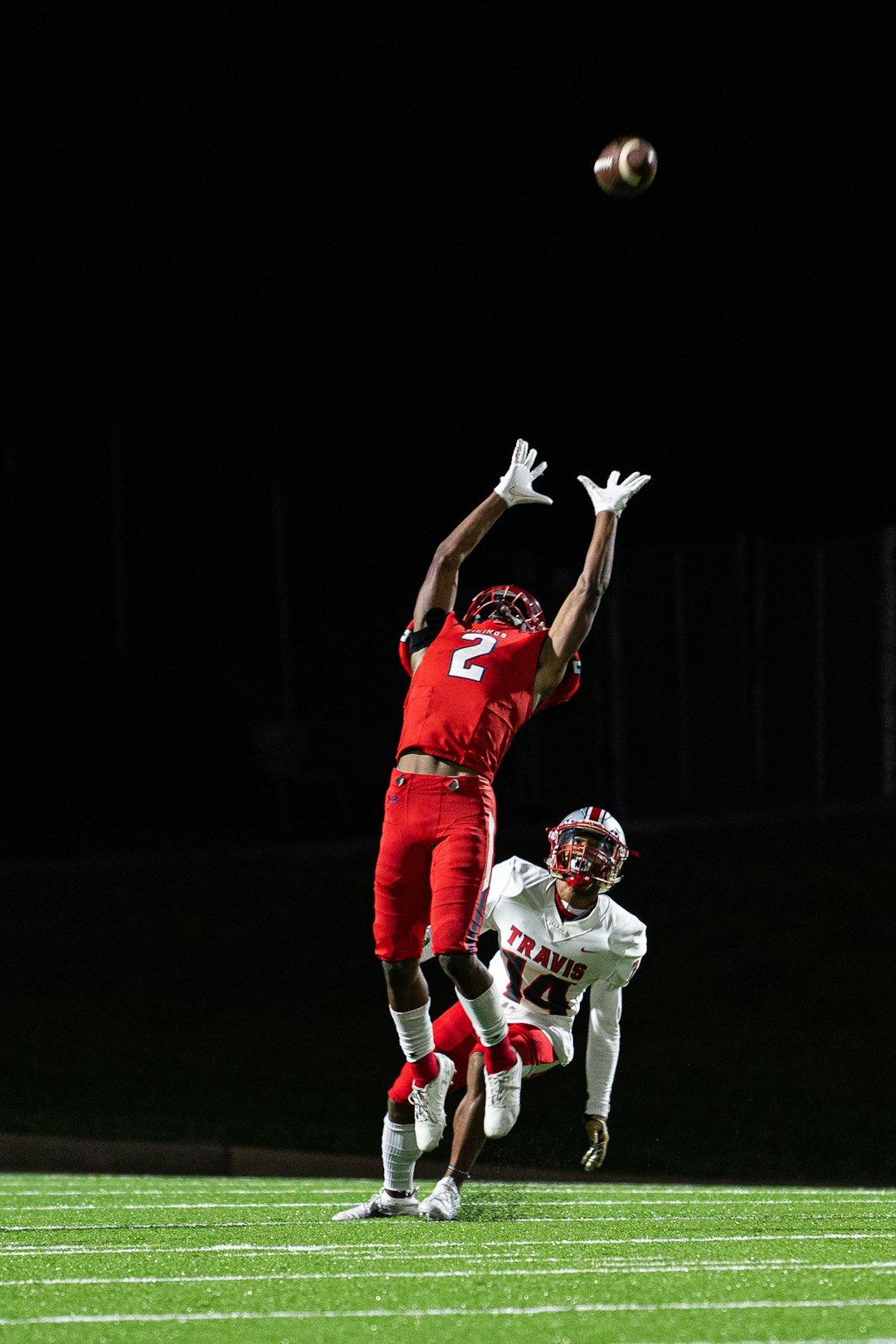
What’s your usual response to personal failures? How do you react when responsibilities fall short of your expectations? Your reactions reveal much about your state of mind and possibly why you may give up on a dream or a chance to succeed.
As we wrap our series on Grit (a book authored by Angela Duckworth) and prepare for a shift in our lifestyles for the new year (or whenever you may be reading this), one key attribute that will keep us on track is hope.
In Duckworth’s research, she finds hope is the critical divider between gritty people and people who never seem to stick with their plans. The hopeless often see each negative situation as fixed and unchangeable, whereas the hopeful see those same predicaments as temporal.
People that are hopeless respond to failed endeavors with self-talk and actions that imply their identity is wrapped up in their performance. They are likely to say: “I screw up everything. Or: I’m a loser.”
Hopeful people, however, might tell themselves, “I wasted my time,” “I let myself get distracted,” or “I gave into temptation this time.” Hopeless people see no fix for their situations. Hopeful people see every problem as fixable.
I identify with hopeless people more than the hopeful. I think that’s why I’m a high school coach. I’m around young people who place a lot of stock in how others perceive them, especially in this digital age ruled mainly by social media. So most of my job is trying to convince athletes that they’re not their worst mistake and that they have hope to overcome where they’ve previously failed.
Additionally, I’ve been hopeless more times than I’d like to admit in many areas of my life—as a husband, son, teacher, athlete, and coach. As a coach, I place a lot of pressure on myself to ensure that our program is fair, competitive, and professional in a controlled and safe environment for our student-athletes. So when I’ve failed to communicate important information or accidentally mismanage a manageable situation, I can come down pretty hard on myself with negative assumptions about myself. But as I get older and gain more experience coaching athletes to overcome their mistakes, I’m forced to accept that my mistakes aren’t my identity. Mistakes are mistakes that can be learned from and fixed. Mistakes are not Timothy (Coach) Thomas.
So the same is true for you. As Duckworth says, “When you keep searching for ways to change your situation for the better, you stand a chance of finding them. When you stop searching, assuming they can’t be found, you guarantee they won’t.” You’re inevitably going to fail or jack something up soon. You’ll start a new season, career path, weight-loss goal, or other passion and make errors. That’s okay. Just remember you can course-correct and fix it because you are not your mistakes.


